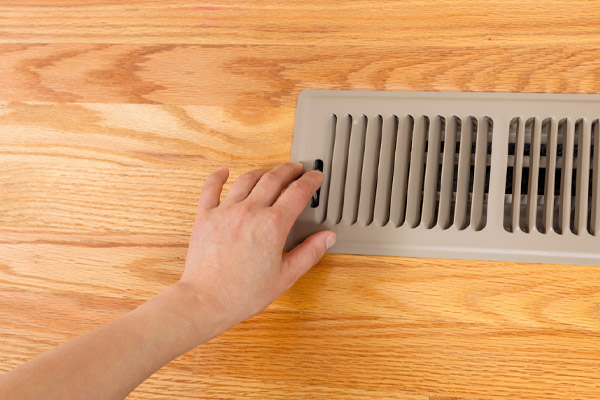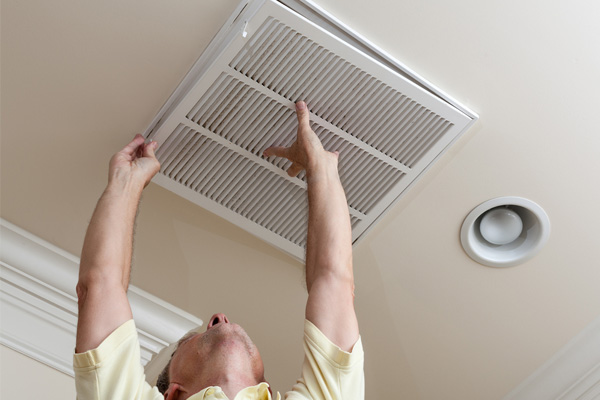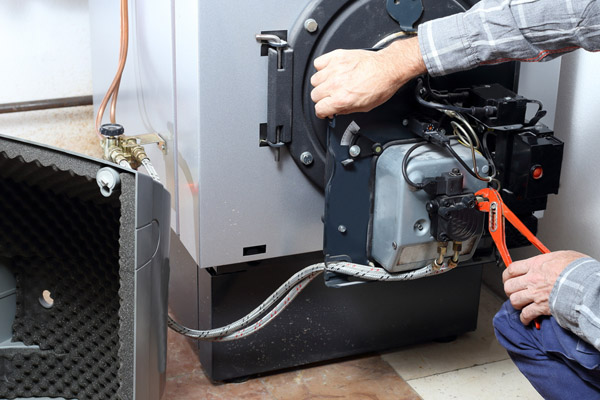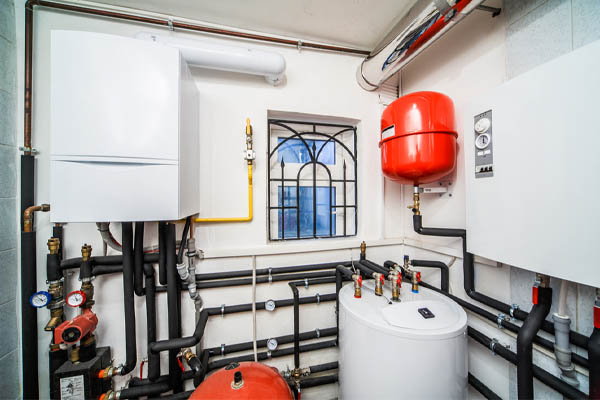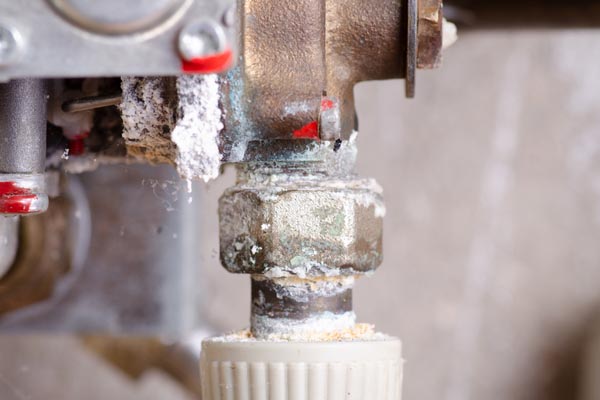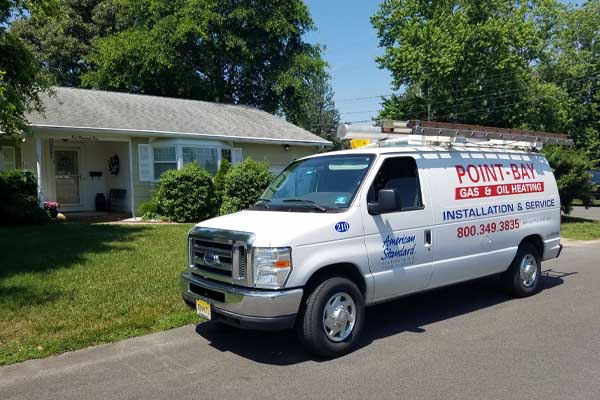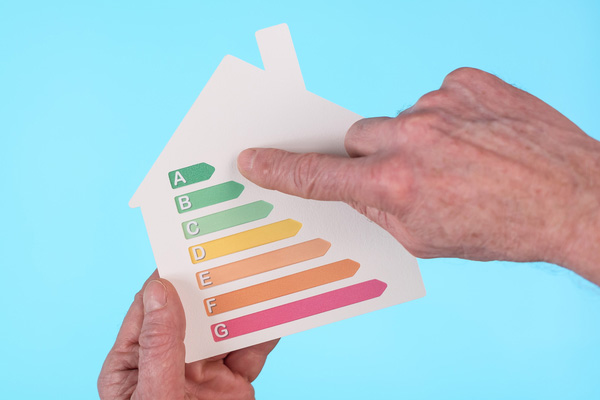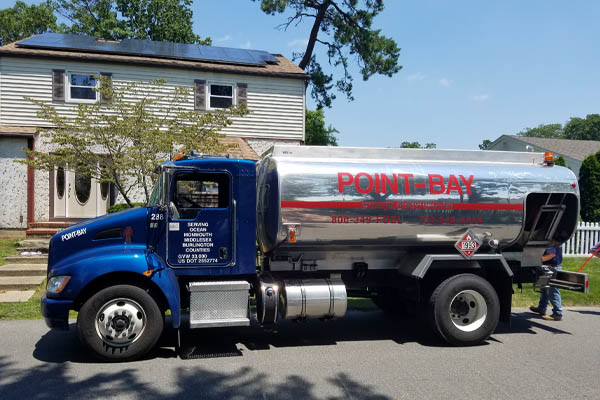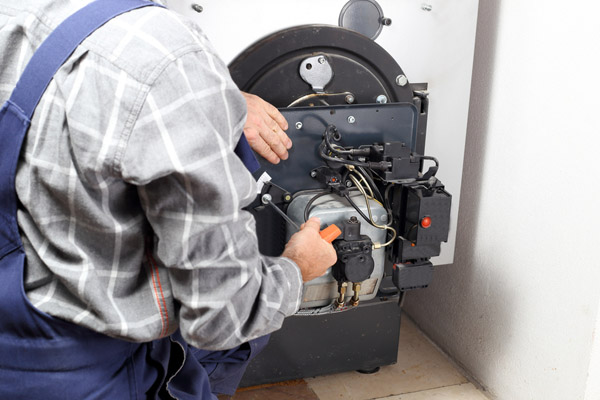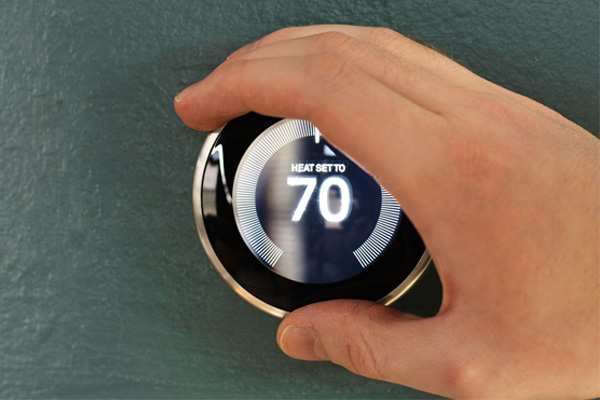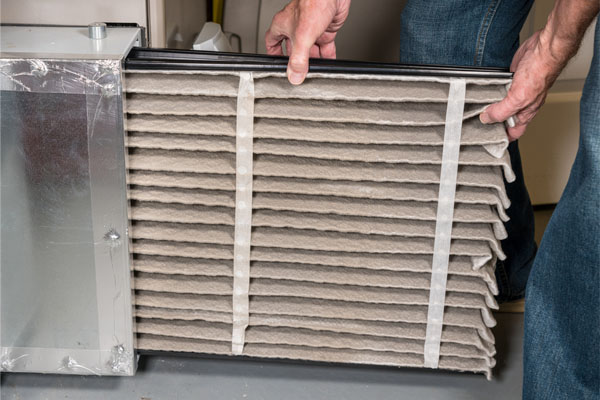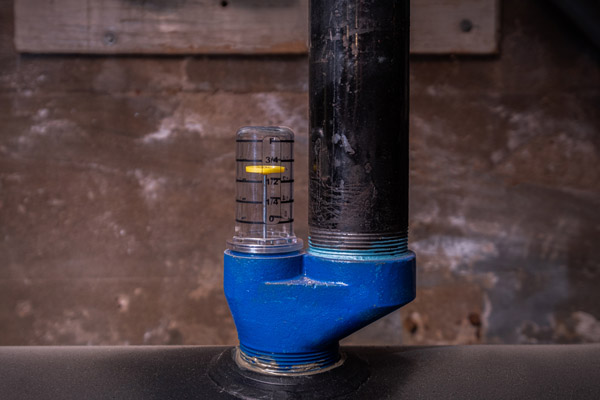
The winter’s chill is never a concern for homes with heating oil systems. With the advantage of storing heating oil in storage tanks, there’s no reliance on a constant supply from external networks. This ensures they’re shielded from unexpected supply hiccups, a common issue with natural gas users. Yet, homeowners must ensure their tank’s size aligns with their heating demands. Regularly monitoring the oil level via the heating oil tank gauge is equally important. Doing so paves the way for timely heating oil deliveries, ensuring warmth all season long.
Understanding Float Gauges in an Oil Tank
Oil tanks, unchanged in design for over a century, are durable steel vessels with a fill pipe for oil replenishment, a vent pipe with an audible whistle for air release, and oil feed lines for smooth oil transport to the burner.
The float gauge, a key component, features a hinged arm floating on the oil surface inside the tank. As oil levels decrease, the arm lowers, moving a gauge indicator disc, enabling homeowners to monitor oil consumption and ensure timely refills.
Locating the Oil Tank on Your Property
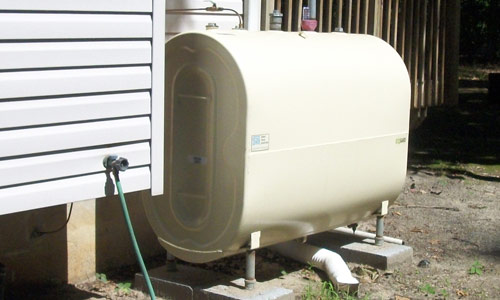
New homeowners should first locate their heating oil tank, which may be prominently above ground, hidden in basements, or even buried underground. Key identifying features include external pipes and the float gauge, which are generally accessible.
Standard oil tanks have a substantial capacity, holding over 275 gallons, but are usually filled to only 225-250 gallons. This practice leaves room for air, allowing the heating oil to expand and preventing potential problems.
Interpreting the Oil Tank Float Gauge
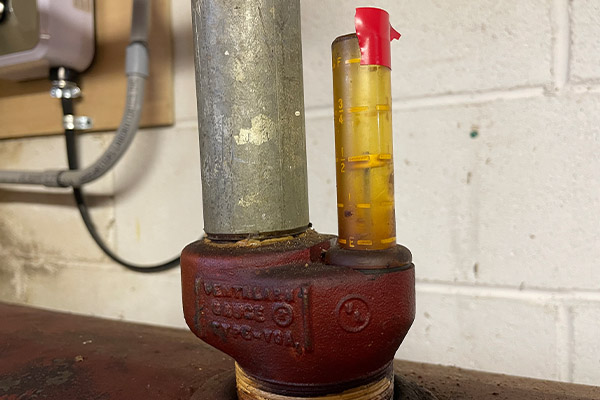
Having located your oil tank, the next step involves understanding the float gauge positioned on its top. What you’ll see is a transparent cylinder featuring an indicator disc inside. These gauges typically have marked sections like F for Full, 3/4, 1/2, 1/4, and E for Empty. Observing where the disc is positioned lets you gauge the amount of heating oil remaining in your tank.
For first-time users, the gauge might appear a tad perplexing. A common query is whether one should track the disc’s top or bottom edge. Such precision isn’t necessary, as the gauge isn’t meant to measure accurately. The best approach is to look for where the center of the disc aligns with the provided markings.
Estimating the Remaining Heating Oil in Your Tank
Once you’ve discerned the approximate fuel level via the float gauge, it’s essential to translate this into an actual quantity represented in gallons. Here’s a straightforward method to aid you: Begin by determining the tank’s total capacity. As a common reference, many households have tanks that can hold up to 275 gallons. Yet, considering safety precautions, these tanks are seldom filled to their total capacity. More commonly, they house about 240 gallons of heating oil, with the remaining space occupied by air.
Using this information, if your float gauge points to the 1/4 mark, it indicates approximately 60 gallons of oil remaining (240 gallons multiplied by 0.25). While this could suffice for a few weeks, it’s wise not to push your luck. Consider scheduling a heating oil delivery once the tank dips to around 30% full, ensuring you never risk running out.
Assessing the Heating Oil Tank Gauge for Malfunctions
While the float gauge is designed to offer an estimate of your fuel levels, it’s not infallible. At times, it might not depict an accurate reading due to a malfunction in the float mechanism. Test the float to determine its functionality. Begin by taking off the outer casing and manually pushing the float downward. When released, it should rise back to its original position autonomously. If it stays down, it’s a clear sign that the float has a fault and requires expert intervention. Here are several causes of a faulty float:
- Wear and Tear: In older tanks, the mechanism can succumb to natural degradation over time.
- Stuck Arm: The arm positioned underneath might, on occasion, pivot in such a manner that it becomes lodged against the tank’s interior wall, impeding the float’s movement.
- Sludge Accumulation: The float can become enveloped in a dense sludge over prolonged periods. This added weight hampers its functionality, preventing it from delivering accurate readings.
Navigating a Malfunctioning Oil Tank Gauge
In situations where your tank’s gauge isn’t functioning, or your tank never had a float gauge, you aren’t left without recourse. Here’s a manual method to assess your fuel levels:
- Ensure you have a slender stick long enough to traverse the entire height of your oil tank.
- After a recent refill, immerse the stick into the tank, allowing it to touch the bottom. Withdraw the stick and note the level where the wet oil mark ends, marking this point as your “full” line.
- Over time, as you consume the heating oil, you can reintroduce the stick to gauge the diminishing oil level. Compare the new wet mark to the “full” line to estimate how much oil you’ve used and how much remains.
While this method doesn’t offer the convenience of a working gauge, it’s an effective fallback strategy. Should you find that your oil tank gauge isn’t working as necessary, call Point Bay Fuel right away.
Understanding How Long Your Heating Oil Tank Will Last

The lifespan of a full heating oil tank varies and hinges on several factors. To determine how long your oil will last, consider:
- Tank Size
- Interior Temperature Settings
- Size of the Home
- Local Weather Conditions
- Insulation Levels
- Usage Patterns
- Efficiency of the Heating System
- Other Specific Factors
While some households only leverage heating oil for specific areas, others might heat the entirety of their home. You can glean insights into your typical heating oil needs by tracking your fuel consumption patterns annually.
Conclusion
Winters in New Jersey are known for their intensity. To ensure your home remains a sanctuary of warmth during the chilliest times, vigilantly monitor your heating oil levels. Should you observe the float gauge indicating a level below 1/3 of the tank’s capacity, it’s time to act. Promptly scheduling a refill guarantees uninterrupted heating, ensuring your home remains cozy. Trust Point Bay Fuel to assist you in navigating the winter months with confidence and comfort.
Call Point Bay Fuel For Superior Home Comfort Solutions
Point Bay Fuel offers superior heating oil deliveries and HVAC services in Ocean and Monmouth Counties, New Jersey. Our heating oil deliveries are fast, reliable, and affordable, and we always keep your safety in mind. We offer various heating oil delivery plans and financing options. This way, you can customize your fuel deliveries to meet your needs. Likewise, we hire the best-certified HVAC technicians who can provide you with excellent HVAC tune-ups, repairs, installations, and replacements. Each of our techs has the knowledge and experience to service your HVAC system correctly.
Point Bay Fuel guarantees the most competitive home comfort service costs in the area. Our maintenance services can improve your comfort and energy efficiency while reducing your home HVAC costs.
If you are interested in improving your indoor air quality, then look no further. Our experts know the most advanced solutions to achieve all of your home comfort needs. All of our services are backed with a guarantee to ensure your satisfaction. To schedule an appointment, give Point Bay Fuel a call today.
Contact us now by calling (732) 349-5059 to speak to one of our home comfort specialists! Click the link to view our service area.

Related Article:
- Wi-Fi Thermostats for Oil Heat
- How Does An Oil Heating System Work?
- What Do Heating Oil Additives Do?
- New Efficient Oil Heating Systems Increase Comfort And Decrease Fuel Use
- How To Choose The Right Oil Boiler For Your Home
The post How to Read Your Heating Oil Tank Gauge appeared first on Point Bay Fuel.

